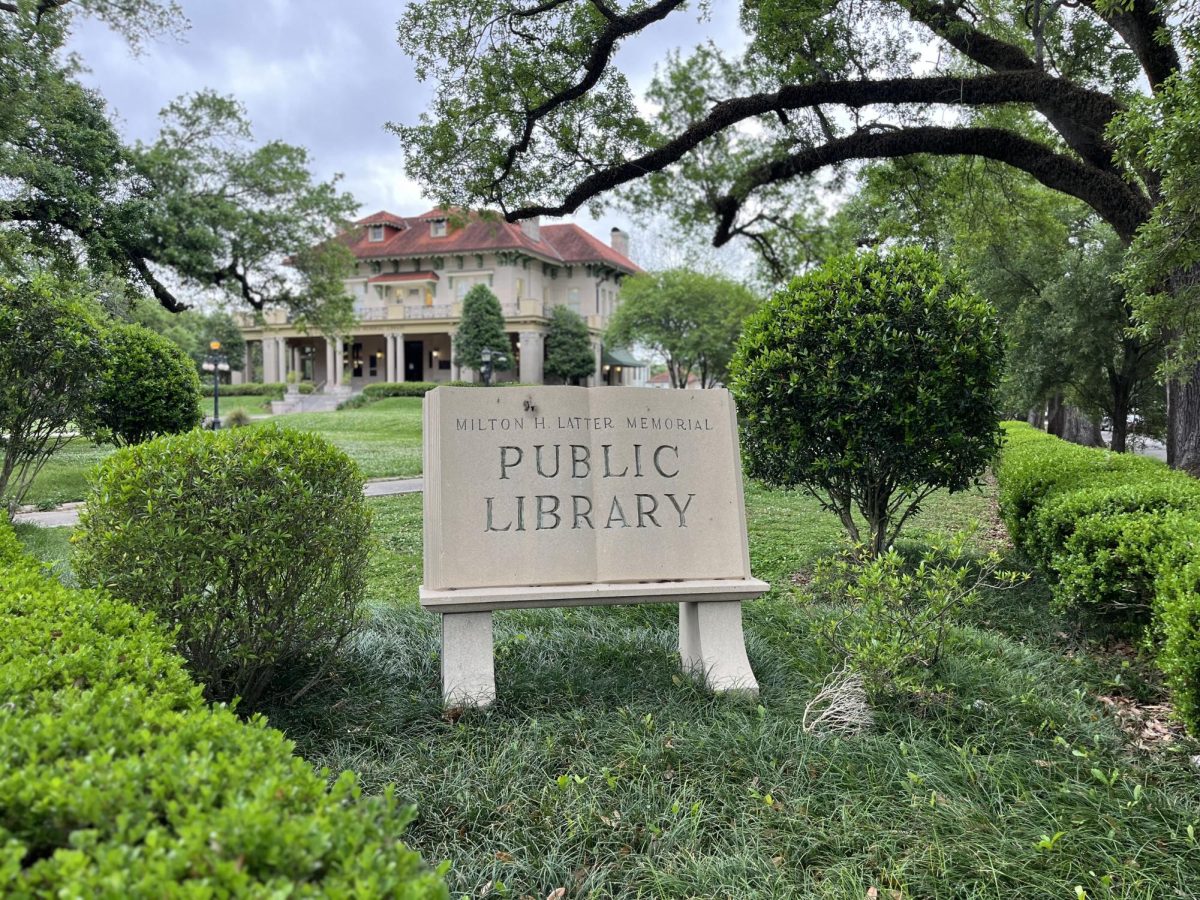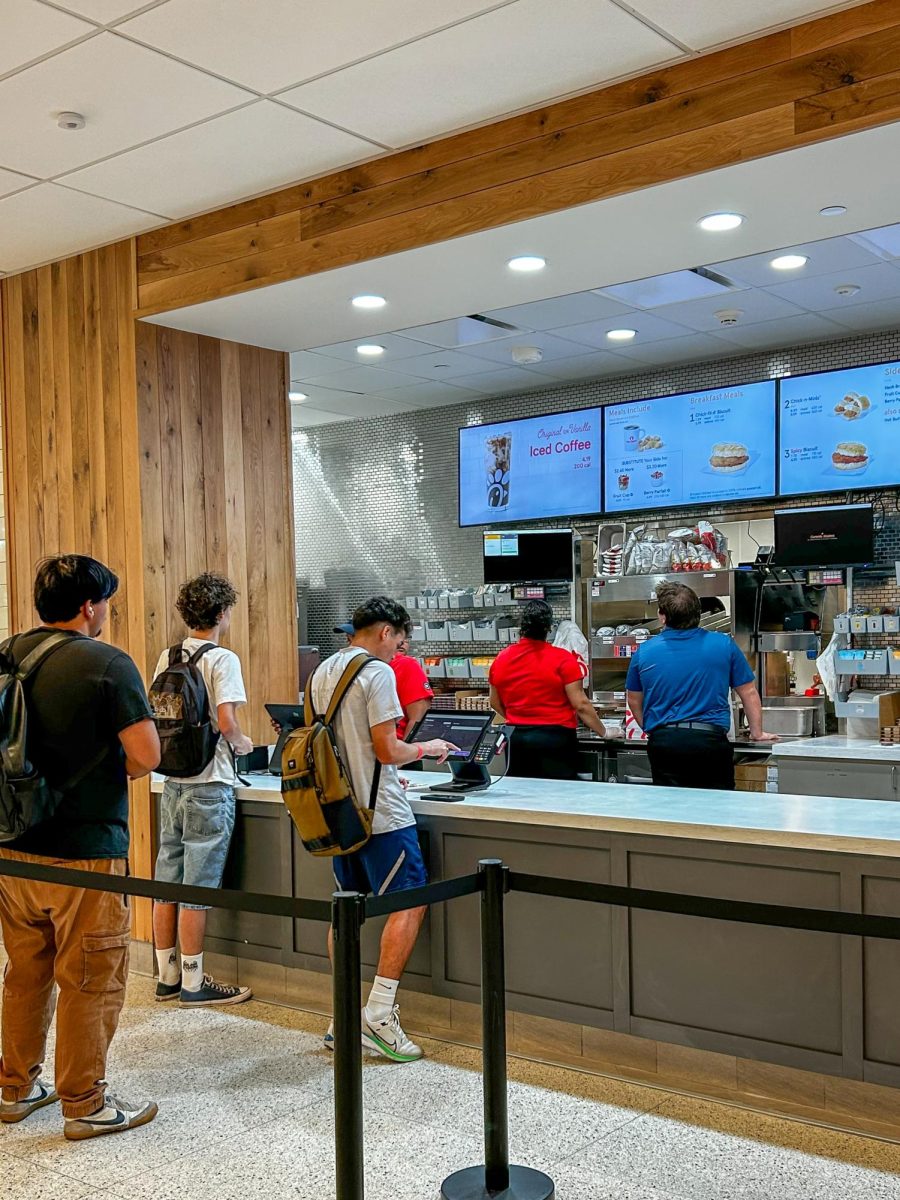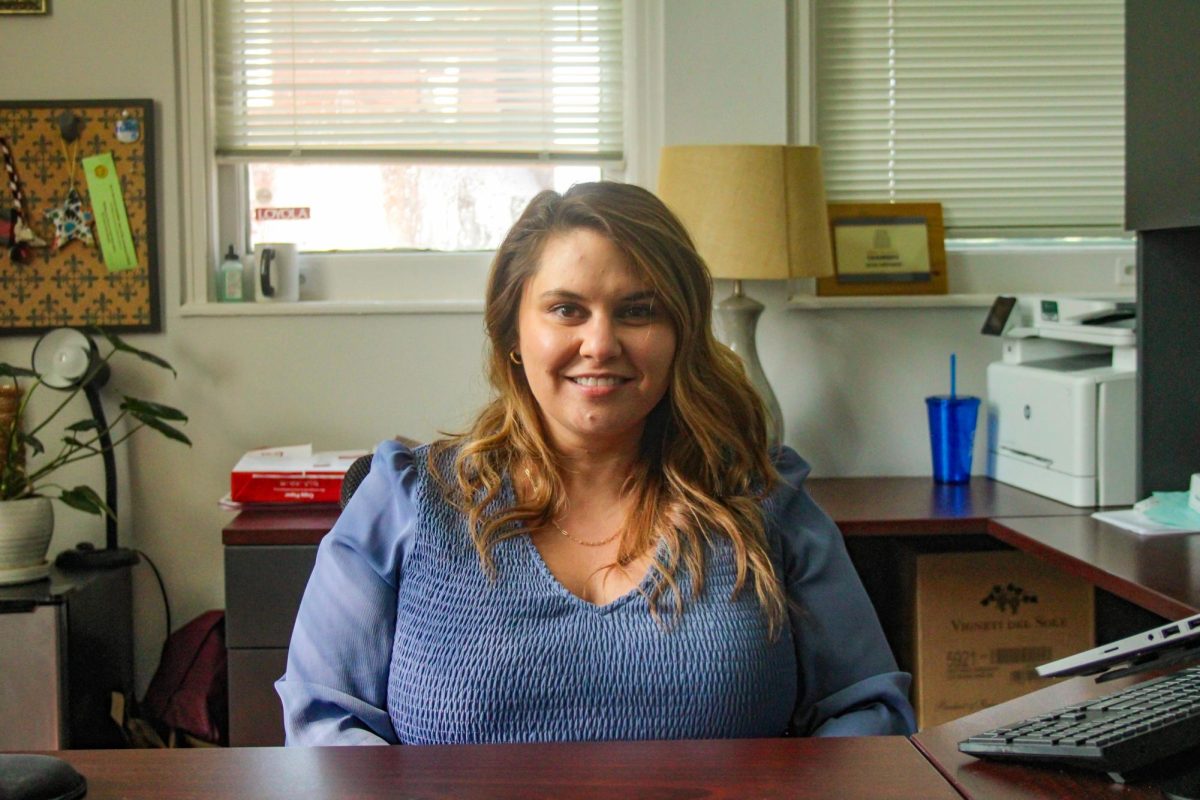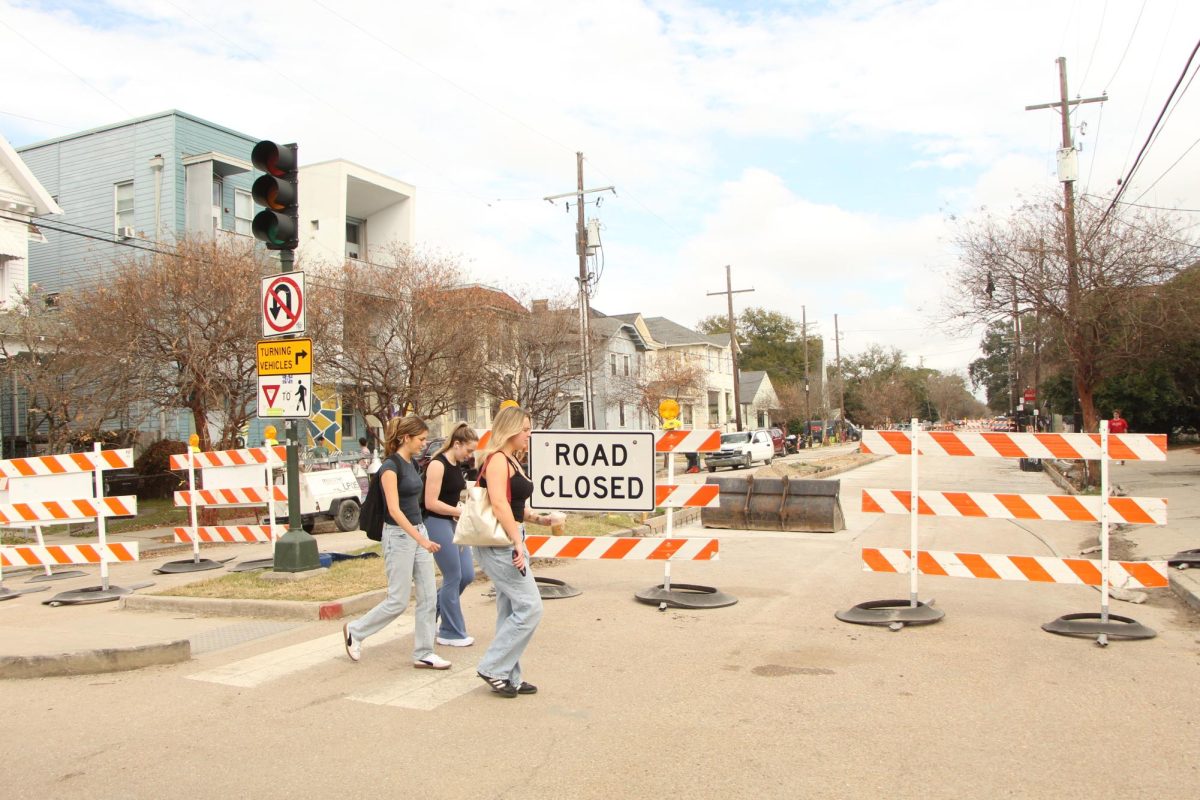The New Orleans Public Library system announced that it would be operating fine-free beginning April 1 after operating on a temporary fine suspension plan in response to the COVID-19 pandemic. The news comes just in time for National Library Week, which is April 7-13, 2024.
The change in policy will eliminate late fees for books, but the fines for interlibrary loans, which are loans from other library systems facilitated by NOPL, will still apply. Late fines on interlibrary loans are $1 per day.
Fines for lost items will also still apply. Any materials that are not returned after 30 days will be considered lost, and these fees vary based on the cost of the item and can be waived if you find the item later, and it is in good condition.
Emily Painton, executive director and city librarian, said eliminating fines has not impacted the library’s operating budget or resulted in fewer items being returned.
“We’ve been effectively operating without fines for almost four years with no adverse effects to our budget or circulation,” Painton said.
History senior and aspiring librarian Leila Jones said coming from her hometown of Denver, Colorado where many libraries are fine-free, she already knows the benefits of not having fines on books and is excited to see this being implemented in New Orleans.
“It removes barriers,” she said. “Oftentimes, I have trouble with being able to complete a book by a certain date, so it’s helpful for me as someone who’s ‘good for it,’ like I will return my books.”
Jones said it takes a lot of pressure off and encourages her to return her books on her own accord.
“I know I want to return a book by a [certain] date, so that it will be able to go back into circulation, and if someone needs it, they can have it,” she said.
Instructor and Interim Chairperson of the English department Tracey Watts oversees a free “little library” on the third floor of Bobet Hall, wherein students are able to take books with the expectation of returning them.
Watts said she relies on a system of “karmic debt” instead of a check out or fining process.
“Hopefully, all of the books will eventually find their way back,” she said. “That’s how an honor system works. And if not, perhaps students will pay it forward someday by feeding someone else who is hungry for knowledge.”
However, Watts said that when books aren’t returned, it can place a financial burden on herself or the department to replenish the shelves.
“I enjoy curating the little free library, and it’s a noble goal to provide knowledge for a community. But supplying the books can get a bit pricey, especially when books don’t come back,” she said.
Jones believes that people aren’t perfect and placing a financial burden on them is counterproductive, no matter how low the price may seem.
Without the fear of fines, Jones said she’s even more encouraged to turn books in, even if they’re late, because there’s “nothing to lose.”
Although the public library is operating with a fine-free system, the Monroe Library on Loyola’s campus does not.
With this, Jones does not agree, as she believes Loyola should also eliminate late fines.
“The whole point of the library is to access free resources,” she said. “If you wanted to buy the book, you would buy the book. A library is meant to be a resource that is able to provide you with books and information without having to feel pressured to keep it because you’re paying for it.”
Outreach Librarian Iriana Lonon said that eliminating late fees is something the Monroe Library could explore.
She said, “Unlike NOPL, the Monroe Library also lends high cost equipment – including laptops – that we are not able to replace without collecting replacement fees, and all money generated from fines is used directly to replace lost or damaged materials and equipment.”
Lonon said she created a Student Library Advisory Board as a place for students to get engaged and make recommendations on what they would like to see happen in the library. Interested students can reach out to her at [email protected].











